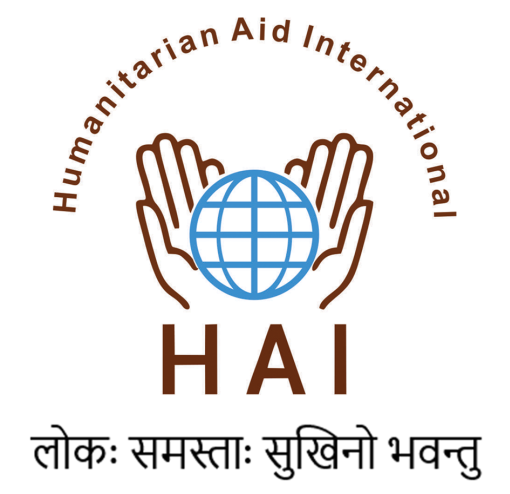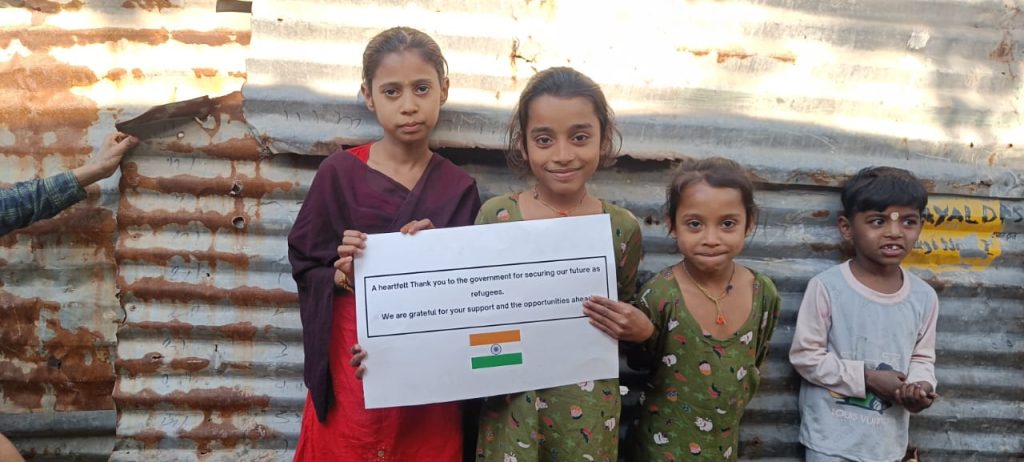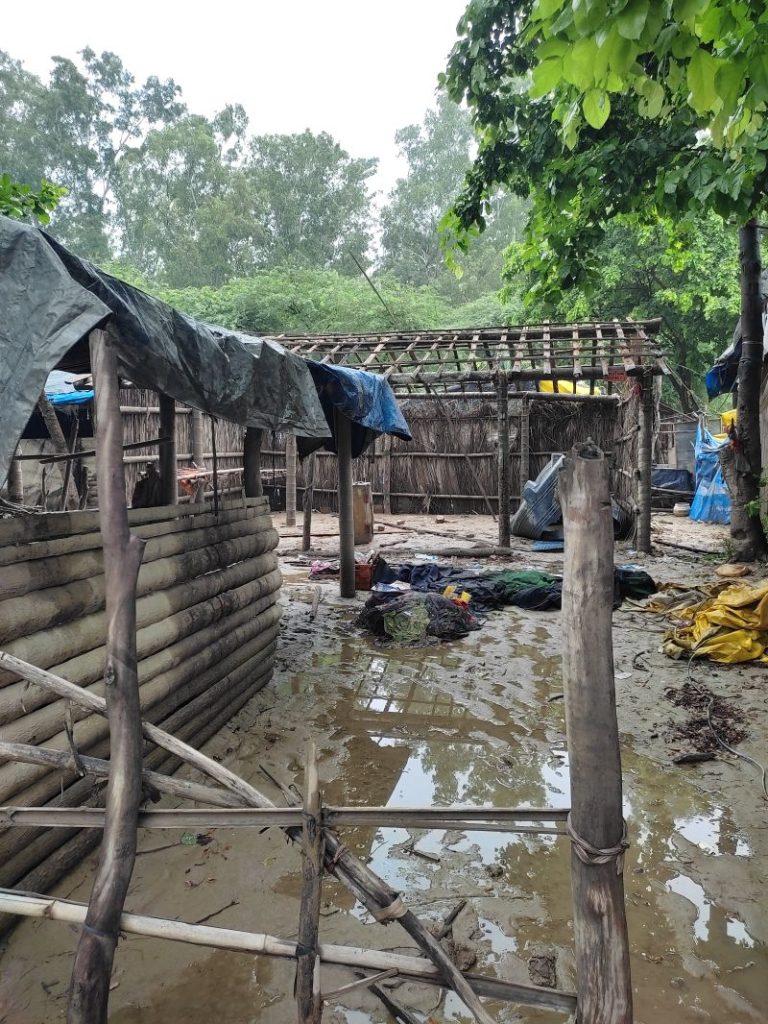LOCAL Situation Report 004/2024 Hailstorm Manipur (6/05/24)
LOCAL Situation Report 003/2024 Maharashtra Drought (20/03/24)
LOCAL Situation Report 002/2024 Manipur Violence (6/02/24)
LOCAL Situation Report 001/2024 Cold Wave in Uttarakhand (5/01/24)
LOCAL Situation Report 015/2023 Manipur ethnic Conflict (09/11/23)
LOCAL Situation Report 014/2023 Flood, Landslides and Earthquake in HP and Uttarakhand (4/10/23)
LOCAL Situation Report 013/2023 Assam Flood (30/08/23)
LOCAL Situation Report 012/2023 Flood and Landslides in HP and Uttarakhand (16/08/23)
LOCAL Situation Report 011/2023 Maharashtra Floods SRHR theme (27/07/23)
LOCAL Situation Report 010/2023 Maharashtra Floods (25/07/23)
LOCAL Situation Report 009/2023 North India Monsoon (14/07/23)
LOCAL Situation Report 008/2023 North India Monsoon (12/07/23)
LOCAL Situation Report 007/2023 Manipur Ethnic Conflict (11/07/23)
LOCAL Situation Report 006/2023 Cyclone Biparjoy (17/06/23)
LOCAL Situation Report 005/2023 Cyclone Biparjoy Gujarat (14/06/23)
LOCAL Situation Report 004/2023 Manipur ethnic Conflict (14/06/24)
LOCAL Situation Report 003/2023 Manipur conflict and displacement to Assam (12/05/23)
LOCAL Situation Report 002/2023 Manipur conflict and displacement to Assam (6/05/23)




